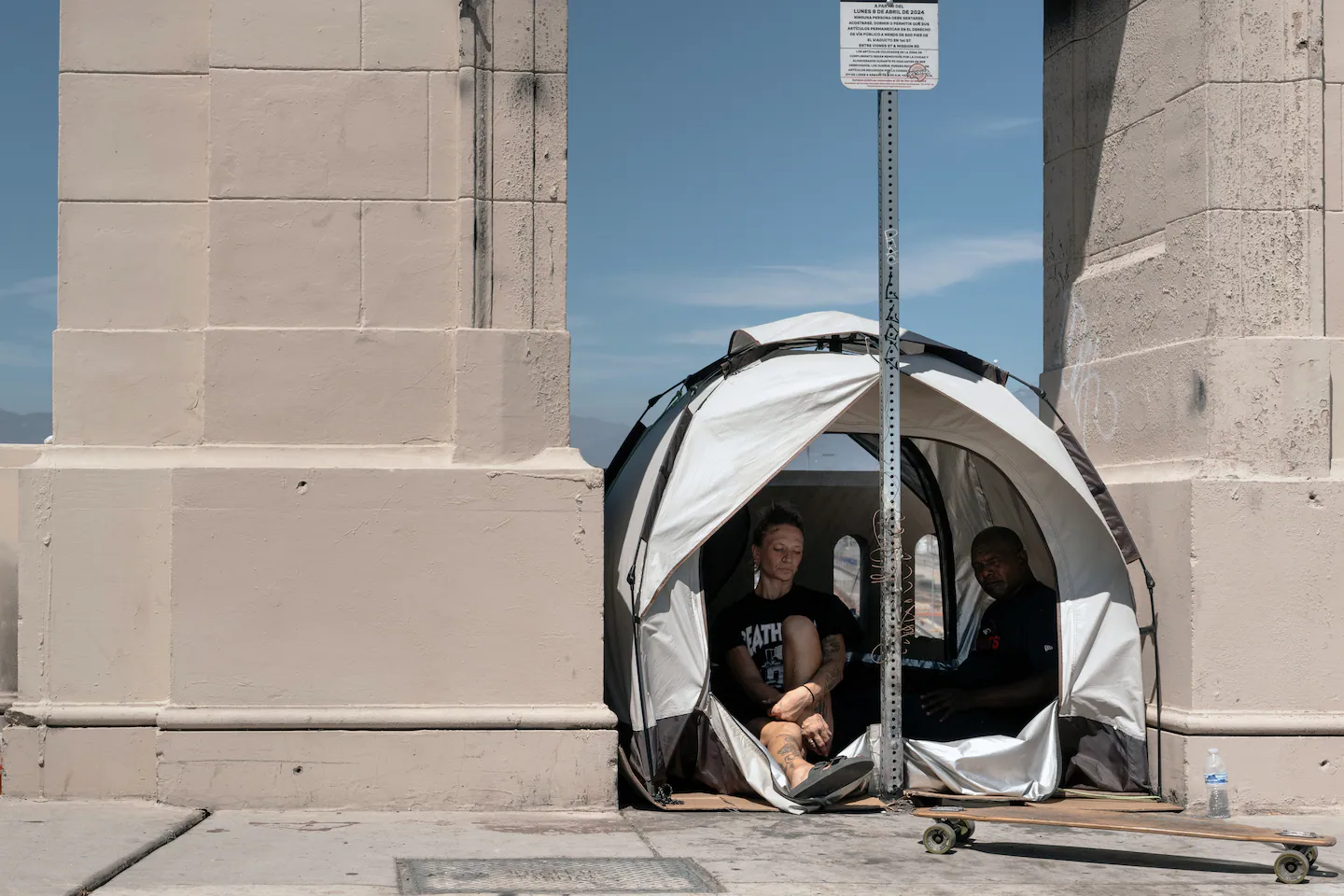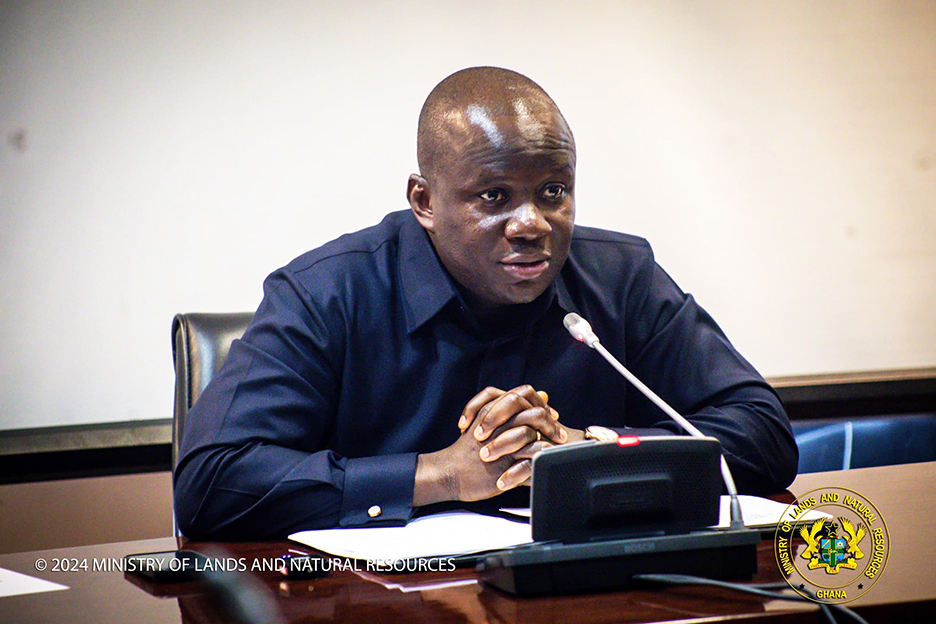‘I have to pinch myself’: This American woman moved to Spain in her 30s, now she’s helping others do the same

Each morning, as the sun rises over the Mediterranean, Cepee Tabibian strolls the seaside promenade near her home in Málaga, breathing in the salt air and smiling to herself.
The entrepreneur, who grew up in Houston, starts her days this way before settling in at home or a co-working space. Lunch is often by the water.
Weekends might mean wandering Málaga’s historic center, taking a high-speed train to see friends in Madrid or driving along the coast to an Atlantic beach in Cádiz.
Even after a decade in Spain, Tabibian says she can’t quite believe that she gets to live there.
“There are still days where I wake up and I have to pinch myself. Like, ‘This is my life,’” Tabibian tells CNN Travel. “There’s so much less stress and more peace in my life in Spain than there ever was in the US.”
Chasing Spain
Tabibian’s path to Spain wasn’t straightforward. The daughter of Colombian and Iranian immigrants, she spent over a decade “chasing Spain,” a pursuit marked by setbacks and near misses.
Her “long love affair” with Spain began at 21, during a summer trip to Madrid. The city’s broad boulevards, walkability and nightlife left her captivated.
“I just felt like I found the perfect place for me,” she says. “There was something about that that just made me feel so alive in a way that I just didn’t back home.”
She returned often, studying Spanish there in 2001, teaching English for a year in 2006 and completing a Masters degree in 2009.
But without a long-term work visa, each stay eventually ended. Back home and living in Austin, she found herself “wrapped up in the American lifestyle,” her dreams of Spain sidelined.
“I had a normal, comfortable life,” she says. “Wake up. Go to work. Work out. Eat dinner. Watch Netflix, kind of thing.
“But it did feel a bit unfulfilling. I just felt like something was missing. I was too young to be living like this.”
A self-described “serial job hopper,” she would quit jobs, travel until her savings ran out, then start over. By her mid-30s, the routine felt unsustainable.
“I guess people just conform and do this, even if it doesn’t make them happy,” she adds.
A final attempt
In 2015, she decided on one last try. She quit yet another job, sold her car, rented out her condo and returned to Madrid, signing up to the same teaching program she’d worked a decade before – even though it felt like a step back.
“It did feel a little bit of a bruise to the ego,” Tabibian says. “But also, ‘What are people going to think? This is crazy. Nobody does this at that age.”
She experienced a “rush of euphoria” on returning to the city and then set about trying to find a permanent job. This time, luck intervened.
After a barrage of unsuccessful interviews — most ending when employers realized she lacked a visa — she landed a social media role at a Madrid start-up that said it would sponsor her work permit.
The pay, about 20,000 euros a year — roughly $23,000 — was a steep cut from her US earnings, but lower costs for housing, transport and food made life not just manageable, but enjoyable.
“I was able to actually live on my ‘small’ salary,” she says. “I could make it work.”
Infectious energy
She found locals to be welcoming and patient with her Spanish, and was able to make friends easily. She enjoyed soaking up the quality of life and sense of community.
“There’s just a vibrancy to the culture that I think is very infectious and just makes it a lovely place to live,” she says. One of her favorite pastimes is simply wandering the streets, watching life go by.
“It’s that energy of people,” she explains. “Seeing people of all generations out.”
Still, adapting wasn’t always easy. Bureaucracy was slow and she felt frustrated with “things working on Spain time,” but soon learned to accept it.
There’s “less sense of urgency about things,” she says.
Tabibian’s stint at the start-up lasted less than a year but it gave her the skills she would later use to launch her own projects. She began sharing her experiences as a foreigner in Spain online, building a Facebook group connecting thousands of women interested in moving abroad.
That led to She Hit Refresh, a community-based business that supports women aged over 30 looking to relocate overseas — particularly those who “don’t have it all figured out” and can feel isolated at that stage in life.
Light bulb moment
“I kind of had the light bulb moment, that there’s nobody serving this demographic of women who are in between gap-year college students and retirees that want to move abroad, but have those real world responsibilities,” she says.
Tabibian says her clients, who are mainly women from the US, mostly want to know about cost of living and work visas, but safety is also important. “And as I often tell them, ‘Probably anywhere that you want to move is going to be safer, statistically, than where you’re living now.’”
Now based in Málaga, she works full-time helping others navigate visas, finances and culture shock. She emphasizes that relocation doesn’t require wealth.
“You definitely do not have to be rich to do this,” she says, noting that she advises people to “crunch the numbers” before making their decision.
“I was not rich… If you need to find a remote job, you don’t need to make the same salary you’re making now to move abroad. You actually can live better on less, for sure.”
Today, Tabiban is a Spanish citizen with a thriving business and almost-fluent Spanish — lessons helped, she says, as did watching hours of local TV.
She misses some things about the US: it’s convenience, it’s food diversity, its multiculturalism. But when she visits once or twice a year to see family and friends, she notices that it “feels a little more tense.” People seem to be “more stressed.”
“I think I’ll always have stints to come back to the US to visit people,” she says. “But I’m really happy in Spain, and I haven’t found a country that I like better to live in. So I really do see myself staying here.”
Asked what her life might have looked like had she stayed in Texas, she’s confident she’s made the right choice.
“I would have a job that I probably would not be happy with,” she says. “And really just living probably for each next vacation… I’m sure I would have been living a very similar life that I left…
“It’s not that I had a bad life in the US. I had a good life, but it was getting in the way of a great life. Now I have a great life.”



